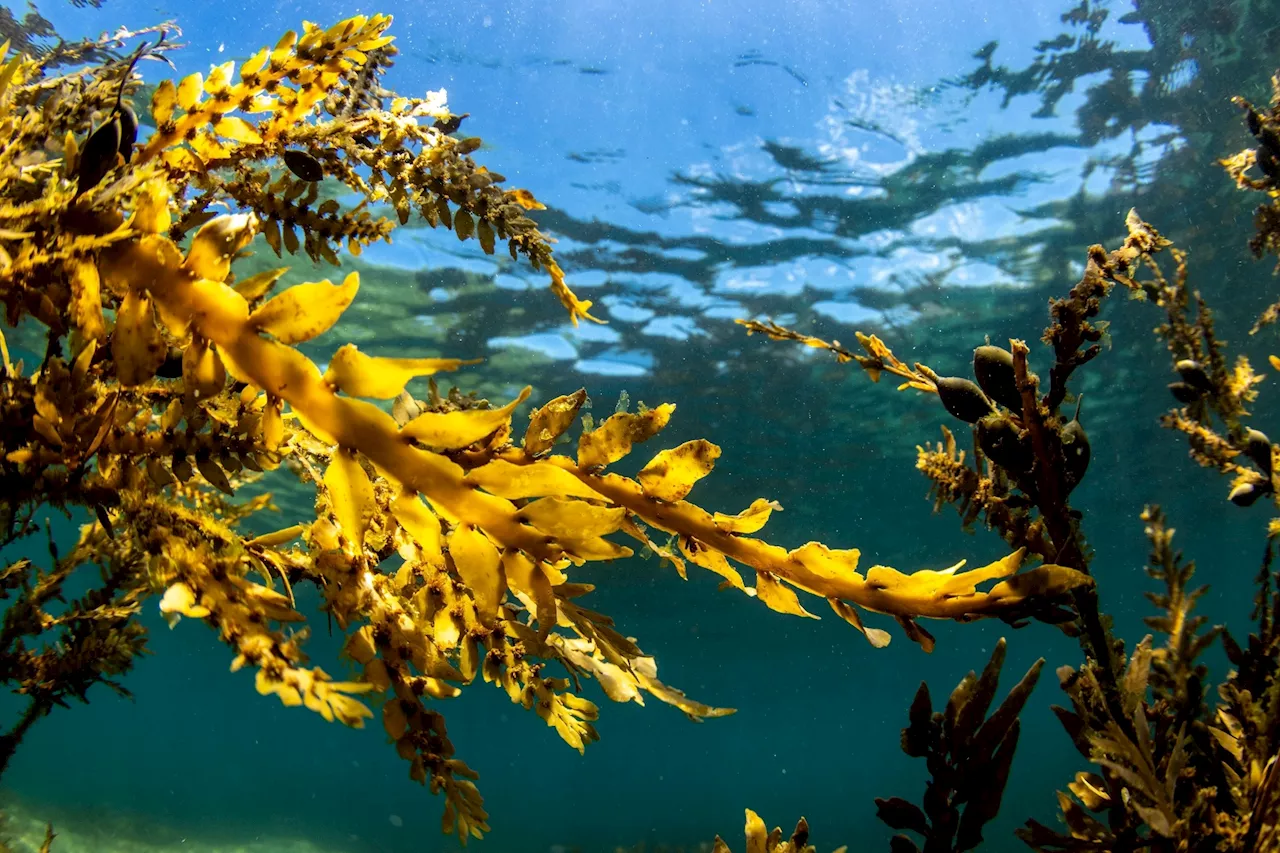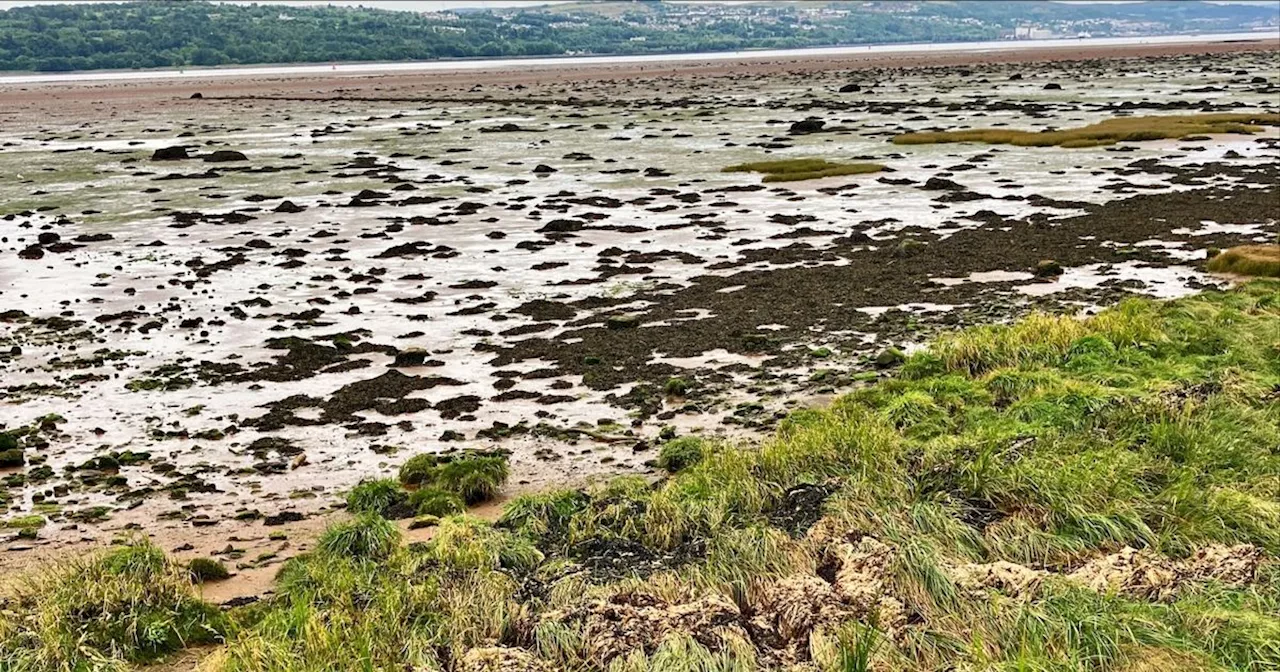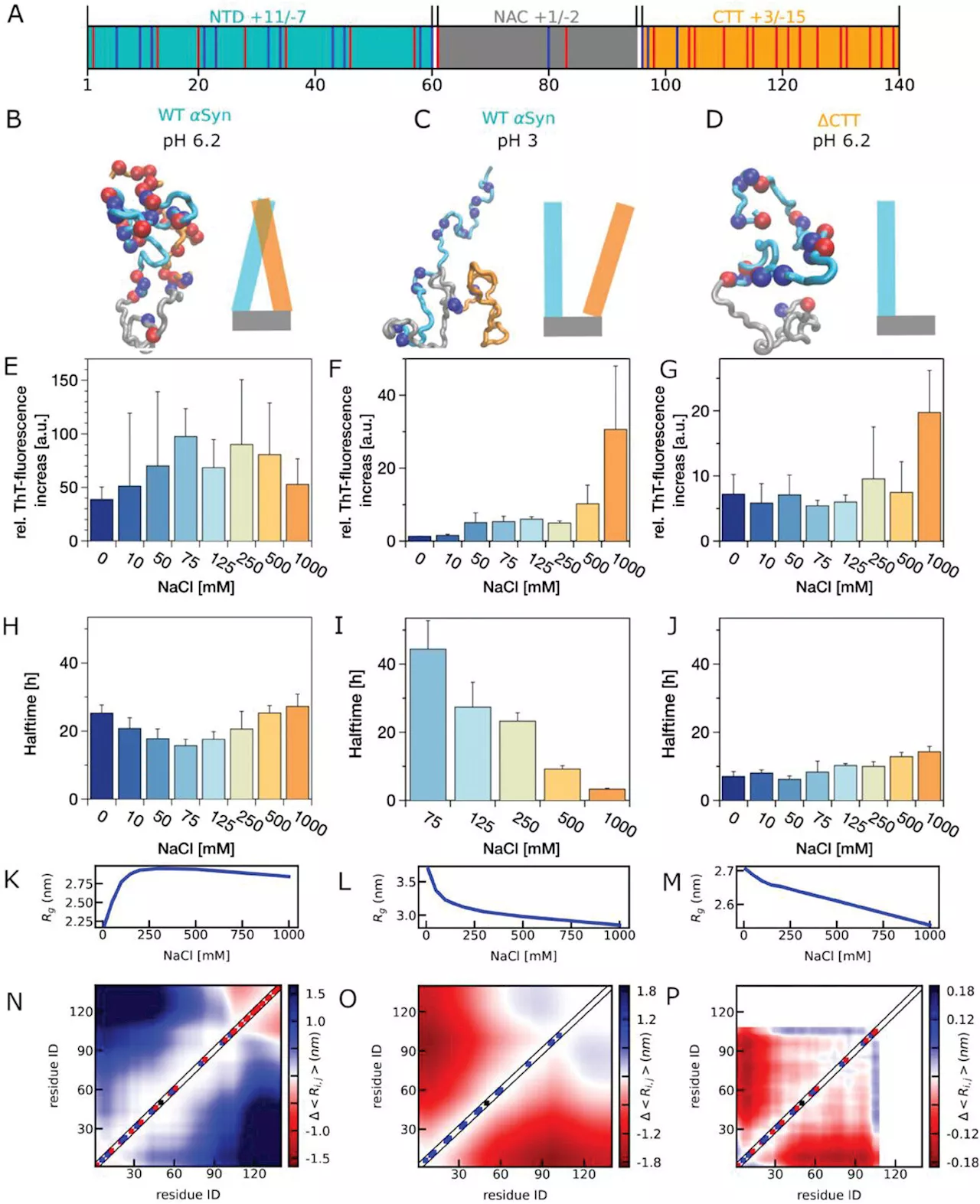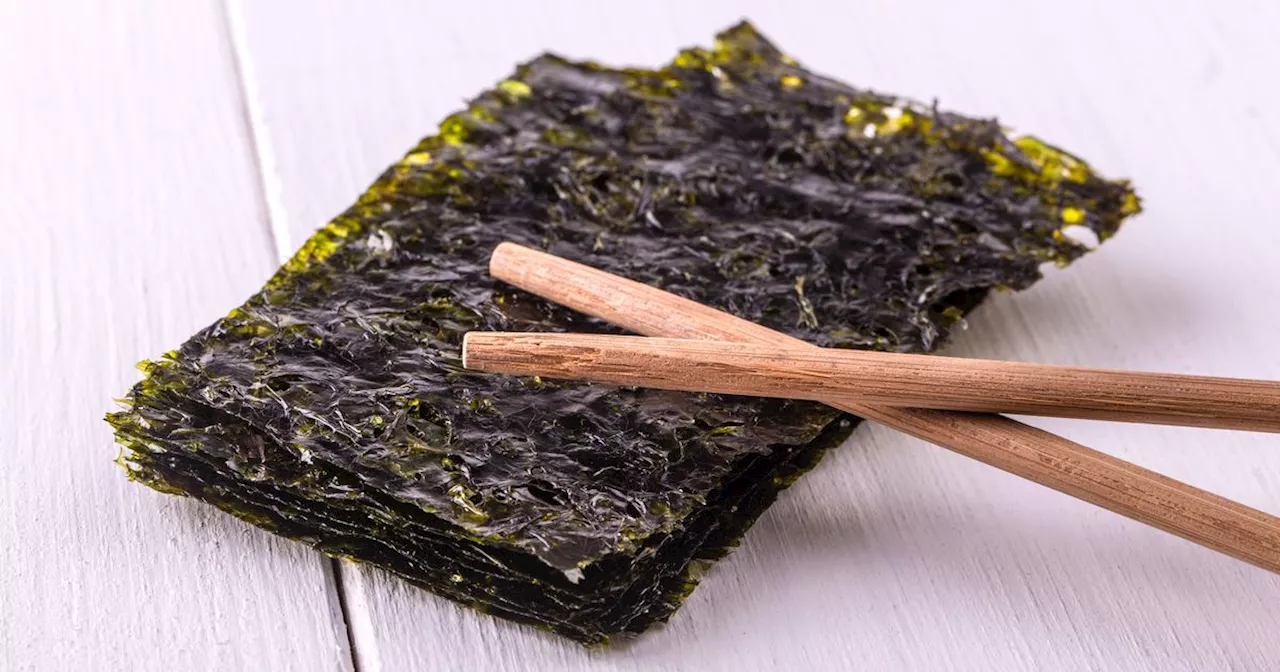A new study has found that eating a certain type of seaweed could help protect people from Parkinson's disease
A recent study has highlighted the potential of seaweed in possibly preventing Parkinson's disease. The research focuses on Ecklonia cava, a type of brown algae, which scientists say could protect individuals from the neurodegenerative disorder.
While Parkinson's is typically more common in older people, it can also affect younger individuals. Those aged between 21-40 can exhibit symptoms of young-onset Parkinson's disease , although this less common variant is usually genetically linked. Since these neurotransmitters are essential for neuron-to-cell communication, maintaining balanced ROS levels is considered "crucial" by experts. Currently, there is no definitive cure for Parkinson's, but treatments are available to alleviate symptoms, according to the Express.
In the trial, mice were given a daily dose of antioxidants for a week before being exposed to rotenone, a natural compound. The findings of the study have been published in the scientific journal, Nutrients, and show the mice had better motor skills as a result.
United States Latest News, United States Headlines
Similar News:You can also read news stories similar to this one that we have collected from other news sources.
 Seaweed antioxidants show promise in preventing Parkinson's diseaseParkinson's disease is a neurodegenerative disease caused by the loss of neurons that produce dopamine, a neurotransmitter involved in motor control and cognitive function.
Seaweed antioxidants show promise in preventing Parkinson's diseaseParkinson's disease is a neurodegenerative disease caused by the loss of neurons that produce dopamine, a neurotransmitter involved in motor control and cognitive function.
Read more »
 Answer to preventing Parkinson's disease may lie in seaweed antioxidantsParkinson's disease is a neurodegenerative disease caused by the loss of neurons that produce dopamine, a neurotransmitter involved in motor control and cognitive function. As the global population ages, the number of Parkinson's disease patients is rapidly increasing.
Answer to preventing Parkinson's disease may lie in seaweed antioxidantsParkinson's disease is a neurodegenerative disease caused by the loss of neurons that produce dopamine, a neurotransmitter involved in motor control and cognitive function. As the global population ages, the number of Parkinson's disease patients is rapidly increasing.
Read more »
 Seaweed extract shows promise in protecting neurons in Parkinson’s diseaseEcklonia cava polyphenols (ECPs) show promise in reducing neuronal damage caused by rotenone in Parkinson’s disease (PD) by activating the Nrf2-ARE pathway, highlighting their potential as a neuroprotective treatment.
Seaweed extract shows promise in protecting neurons in Parkinson’s diseaseEcklonia cava polyphenols (ECPs) show promise in reducing neuronal damage caused by rotenone in Parkinson’s disease (PD) by activating the Nrf2-ARE pathway, highlighting their potential as a neuroprotective treatment.
Read more »
 SEPA confirm waste on Dumbarton beach is naturally occurring seaweedAfter reports of sewage on a beach near Havoc, staff from SEPA’s Local Environmental Performance Team attended the beach along with Scottish Water officers and carried out a visual inspection of the shoreline following the concerns.
SEPA confirm waste on Dumbarton beach is naturally occurring seaweedAfter reports of sewage on a beach near Havoc, staff from SEPA’s Local Environmental Performance Team attended the beach along with Scottish Water officers and carried out a visual inspection of the shoreline following the concerns.
Read more »
 Fruit fly study identifies gene that may reverse Parkinson's diseaseResearchers at Simon Fraser University, in collaboration with a group from Baylor College of Medicine in Texas, have identified a gene that appears to reverse Parkinson's disease symptoms in fruit flies.
Fruit fly study identifies gene that may reverse Parkinson's diseaseResearchers at Simon Fraser University, in collaboration with a group from Baylor College of Medicine in Texas, have identified a gene that appears to reverse Parkinson's disease symptoms in fruit flies.
Read more »
 Protein droplets likely don't cause Parkinson's, study suggestsLiquid-liquid phase separation is not a precursor to formation of amyloid fibrils, a pathological hallmark of Parkinson's disease, shows a recent study. Rather, the formation of protein into liquid droplets may help to dissolve aggregated protein.
Protein droplets likely don't cause Parkinson's, study suggestsLiquid-liquid phase separation is not a precursor to formation of amyloid fibrils, a pathological hallmark of Parkinson's disease, shows a recent study. Rather, the formation of protein into liquid droplets may help to dissolve aggregated protein.
Read more »
